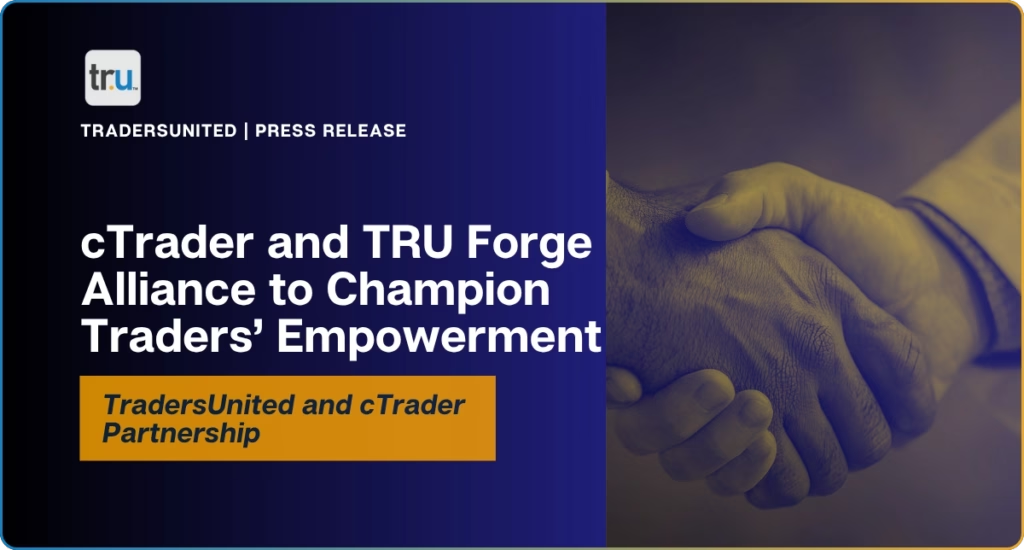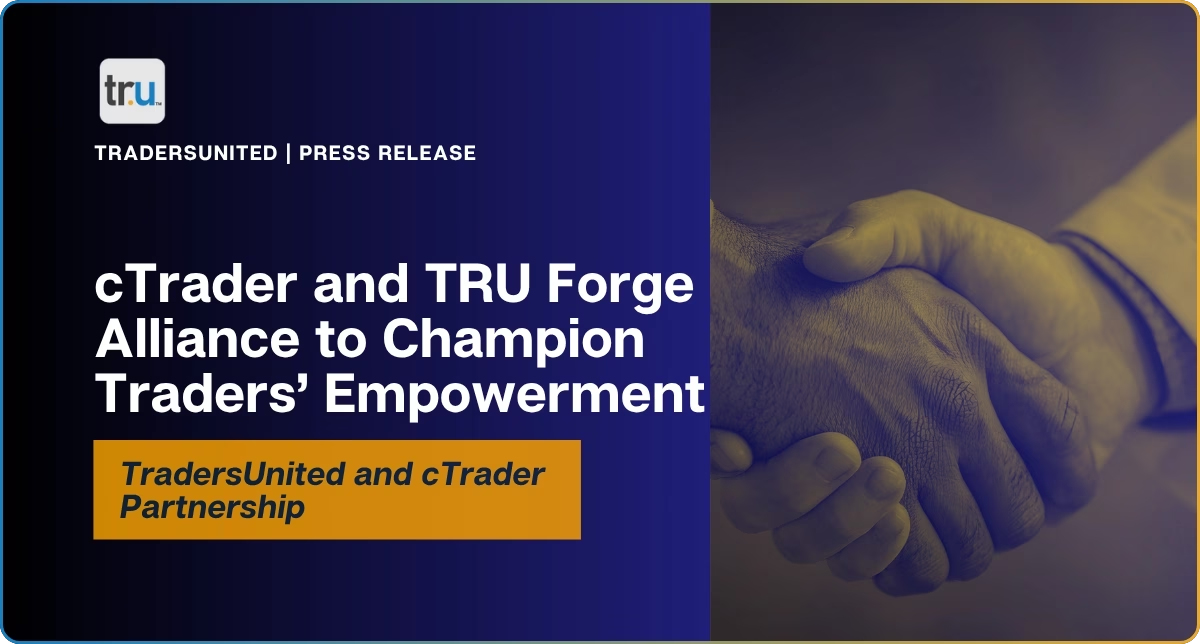Absa is the third largest bank in South Africa, catering to more than 10 million customers. Because of its vast clientele, Absa card holders are vulnerable to a multitude of Absa fraud and scams, putting their savings and investments at risk.
In this article, we discuss the most common scams experienced by Absa card holders, how to spot these scams before they steal your money, and safety measures to prevent them from targeting your account.
Stages of Fraud
Absa’s Head of Fraud for Everyday Banking, Ulrich Janse Van Rensburg, has stated that cybersecurity has become a big problem in the digital age.
Ulrich states that there are usually three phases of fraud that individuals and investors should look out for.
Gaining access to data
This is the first phase of fraud, in which criminals obtain card information through illegal means. The most common ways to access data are the dark web, a bureau, or a point of sale breach.
Social Engineering
According to Ulrich, the second phase, or the Social Engineering phase, is the most crucial point because this is where criminals can be stopped in their tracks.
During this stage, a fraudster pretends to be a professional representative of Absa and asks the victim to provide an OTP sent to their phone.
This reminds all cardholders that Absa and other banks will request your OTP.
Committing Fraud
This is the final phase of fraud, in which the criminal steals an unsuspecting victim’s hard-earned money and transfers it to an untraceable account.
Once this phase is complete, it may become very difficult for the victim to recover their money.
Related: How to recover lost money in South Africa
What are the most common Absa fraud and scams?
For investors with Absa cards, these are the most common Absa fraud and scams experienced by clients.
Awareness of these types of fraud and their specific tactics for Absa card holders can help you spot the scams and stop fraudsters dead in their tracks.
Phishing
Phishing is a form of email fraud. An attacker pretends to be an Absa employee to trick you into providing card information, such as your PIN, passcode, or card CVV number, or requesting an OTP.
Fraudsters will likely send emails with images and bank information and redirect recipients to a website, prompting them to log in with their details.
According to Absa, the most recent phishing scam involved a fraudster claiming a client has multiple devices logged into their account.
The fraudster will likely claim that the user will face temporary suspension if they do not log out of their accounts immediately.
The victim will be advised to click on a link that asks for their personal details and banking information.
Vishing
Vishing happens when a fraudster calls a victim and pretends to be a bank representative. During these calls, the fraudster tricks the client into sharing sensitive information like an ID number, banking details, PIN, or OTP.
Vishing scams can also tend to get creative. For instance, a client might ask to verify if they are from Absa. Scammers will say the individual should call the official Absa numbers, only to redirect the call to their numbers.
SMShing
SMShing is similar to the first two scams. However, this scam targets victims through text messages, asking them to respond immediately because their accounts have been blocked.
These text messages usually have grammatical errors and contain a short web address that redirects the victim to a fake website asking for card details.
Messages often look like this:
ABSA: Payment Notification: Transaction Debited R11900 on Luno. Reference No. 0918201.
Not you? Report fraud call on 0872678289. https://bit.ly/209318ysd8
SIM Swapping
A SIM swap occurs when a criminal has a fake copy of your ID, personal details, and phone number. They can manipulate text messages that should be sent to you, like an OTP, and redirect them to their phones.
A similar scam called the Twin SIM involves a criminal duplicating your number to another SIM card. That means all the texts, calls, and notifications that are sent to your SIM are also sent to the duplicated SIM, giving fraudsters full access to any sensitive information.
Practical tips to keep your investments safe
Ulrich outlines practical ways to stay safe against these scams.
- Ignore any calls, SMS, or email notifications that ask you to follow a link and provide a username, password, and sensitive bank details (card number, PIN, CVV).
- Do not store banking information on your smartphone
- Do not let internet browsers such as Safari, Chrome, or Edge, save you banking passwords
- Regularly change your PIN and passwords
- Never leave your smartphone unattended when you are logged in
- If you need to access Absa online, make sure the website is correct and reads https://www.absa.co.za/
- Check for even the smallest inconsistencies in texts and emails, such as grammatical errors
- Official communication from Absa will always address you by name
Absa Fraud Hotline
Absa cardholders who suspect fraudulent activity on their cards should call the Absa fraud hotline or contact them immediately to report the suspicious activity.
Absa Fraud Hotline
0860 557 557 +27 (0) 11 501 5089
Absa Fraud Email
What is Absa?
Absa is a multinational banking and financial services conglomerate in Johannesburg, South Africa.
They offer various financial services, such as personal and business banking, credit cards, investment banking, wealth and investment management, and insurance.
Absa has more than 10 million active clients and operates across 15 African countries, including South Africa, Botswana, Ghana, Kenya, Mozambique, Seychelles, Tanzania, Mauritius, Zambia, and Uganda.
Where is Absa regulated?
The Absa Group is regulated in several jurisdictions, ensuring that Absa operates within the legal and financial guidelines of each region.
They are regulated by the South African Reserve Bank (SARB) and the Financial Sector Conduct Authority (FSCA) in South Africa.
They also have a representative office in London, United Kingdom, and are regulated by the Financial Conduct Authority.
Moreover, Absa also has representative offices in New York and is therefore regulated by the United States Federal Reserve Board and the New York State Department of Financial Services (NYSDFS).
Finally, Absa Bank Seychelles is regulated by the Central Bank of Seychelles.
Were former Absa employees convicted?
Yes. Two former Absa employees were convicted of fraud, theft, and money laundering on July 2024. They were found to have stolen over R1 million by accessing the bank’s system to open accounts of deceased clients.
Is it safe to bank with Absa?
It is generally considered safe to bank with Absa.
According to the bank’s website, they have secured 3D Technology for transactions and engage multiple firewalls to ensure client-only validation, timeout and automatic logout, and immediate payment holds to prevent fraud.
The bank also offers a Digital Fraud Warranty for all digital transactions as an extra measure to protect clients.
However, much like any financial institution, card holders and clients may be susceptible to Absa fraud and scams. These include the aforementioned scams, unresponsive customer services, unexpected charges, and technical issues on the Absa banking and mobile app.

















